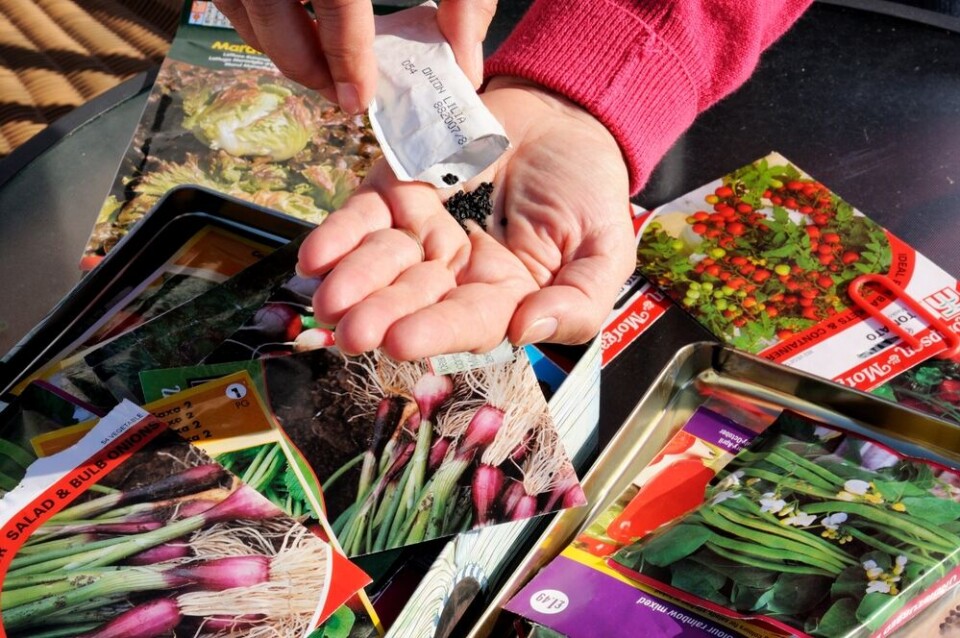-
From Oregon to Brittany: primrose nursery in France celebrates 90th anniversary
Barnhaven Primroses traces its history back to 1930s America
-
January flowers in your French garden with scented viburnum
Our gardening columnist explores a pretty pink shrub that gives long-lasting winter displays
-
All wrapped up for Christmas: how to protect your plants in France this winter
Discover effective methods to shield your garden plants from winter frost and cold, ensuring their survival and health through the chilly months
Moving to France: Can I take seed packets with me from UK?
When the UK left the EU, rules on transporting plant and animal products changed

Reader Question: Hi, we are moving to France this year. I have lots of packets of seeds I want to take with me. If they have an EU stamp on the packet can I take them?Also you may want to let readers know that the rule saying you could take garden plants with phytosanitation certificates changed in April and now you cannot take any plants at all unless from authorised garden centres.
Since Brexit came into effect on January 1, 2021, most plant products entering the EU from the UK must be accompanied by a phytosanitary certificate.
For this, it is necessary to apply to the relevant government agency for confirmation that the products have been inspected by an expert and are free from certain harmful pests and disease.
This is feasible for bulk shipments, but not really intended for individuals transporting a few plants or seed packets.
Phytosanitary certificates are needed for:
- Seeds (unless intended for consumption)
- Fruits and vegetables
- Bulbs and roots
- Shoots and stems
- Cut flowers
- Branches
- Cut trees
- Leaves and foliage
- Plant tissue cultures
A list of regulated and prohibited plant products can be found here.
There are some exemptions to the phytosanitary certificate rule, but they make no mention of seeds with an EU stamp on their packet.
The Connexion has contacted the French agricultural ministry to confirm that EU stamped seed packets are not exempt from the requirements.
The exceptions are:
- Five fruits: coconuts, dates, bananas, pineapples and durians because they do not pose a serious plant pest risk
- Plants, plant products or other objects grown, produced or used in the frontier zone between the EU and the non-EU country
- Plants, plant products and other objects in transit through EU territory
The European Commission also states that: “All regulated plants, plant products and other objects in passengers’ personal luggage are prohibited from entry into the EU territory, unless accompanied by a phytosanitary certificate.
“If you do not have a certificate for your plant or plant material, don’t bring it into the EU with you.”
You can view a poster explaining this rule here.
How about bringing seeds from France into the UK?
The Connexion contacted the UK’s Department for Environment, Food and Rural Affairs (Defra) on this point.
A spokesperson told us that regulated seeds imported from France must be accompanied by a phytosanitary certificate, even if labelled with an EU stamp.
Most plants can also be brought into the UK from France as long as they have a valid phytosanitary certificate.
Further guidance on IT systems used for this process is available here.
Related articles
























